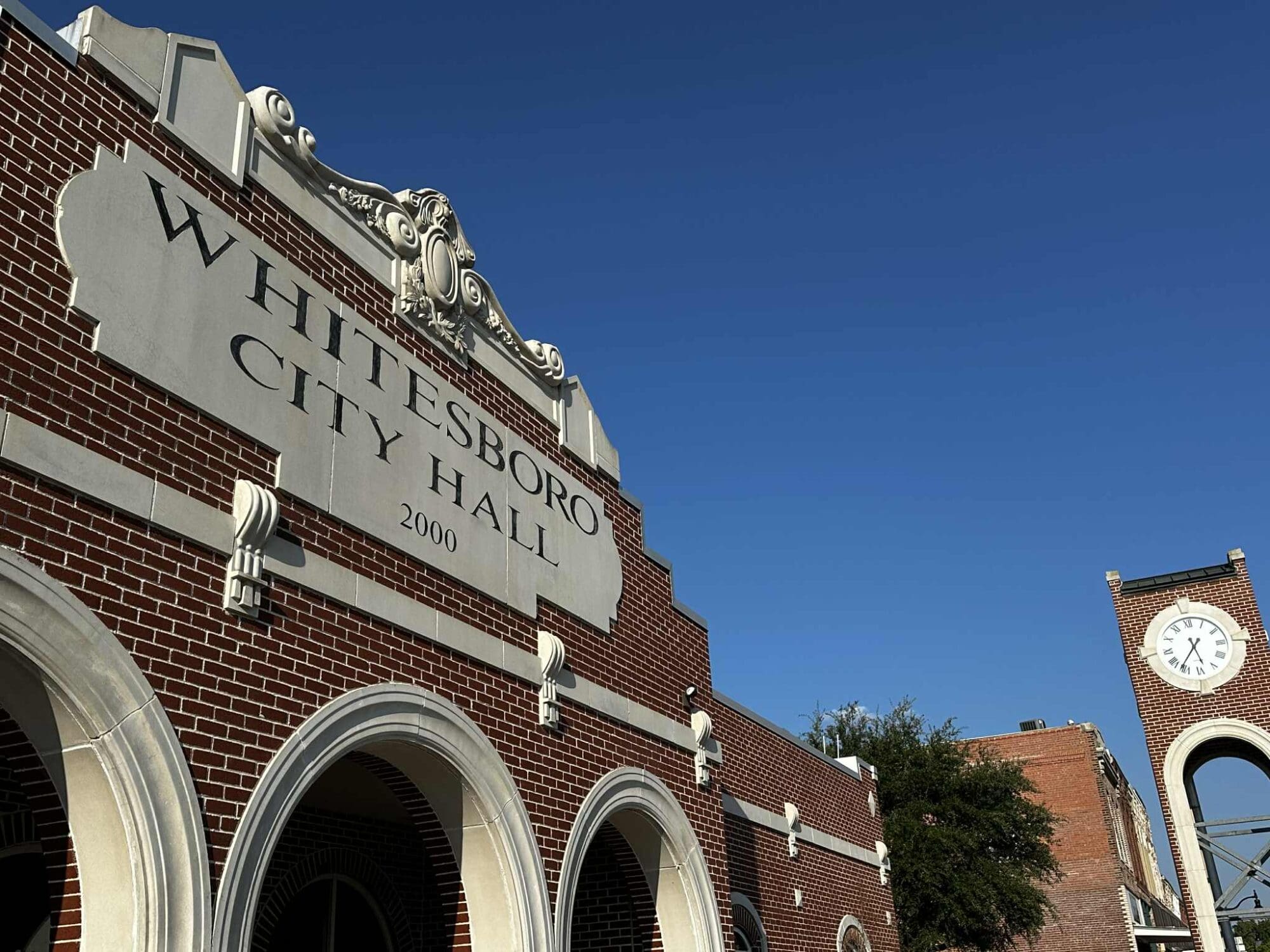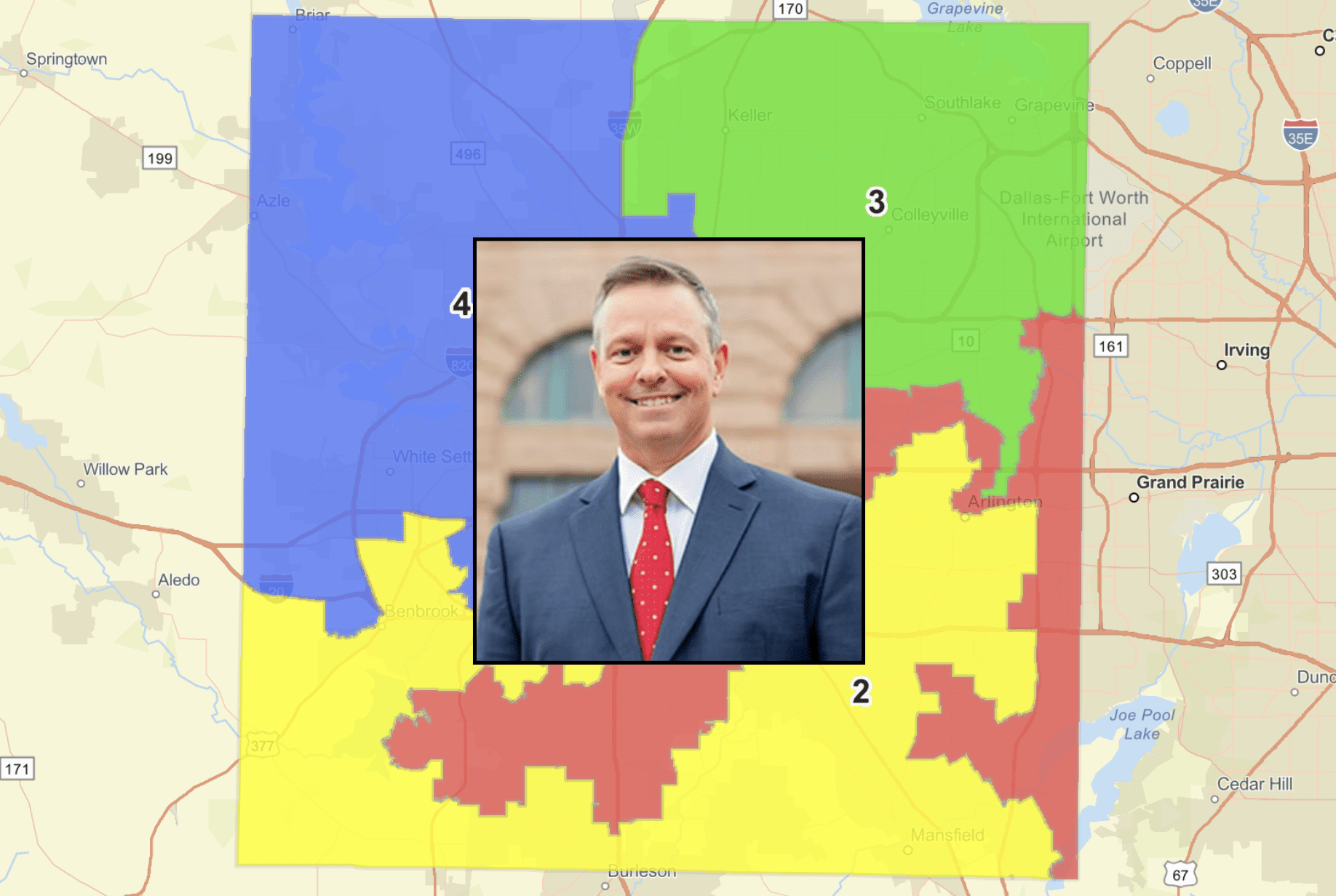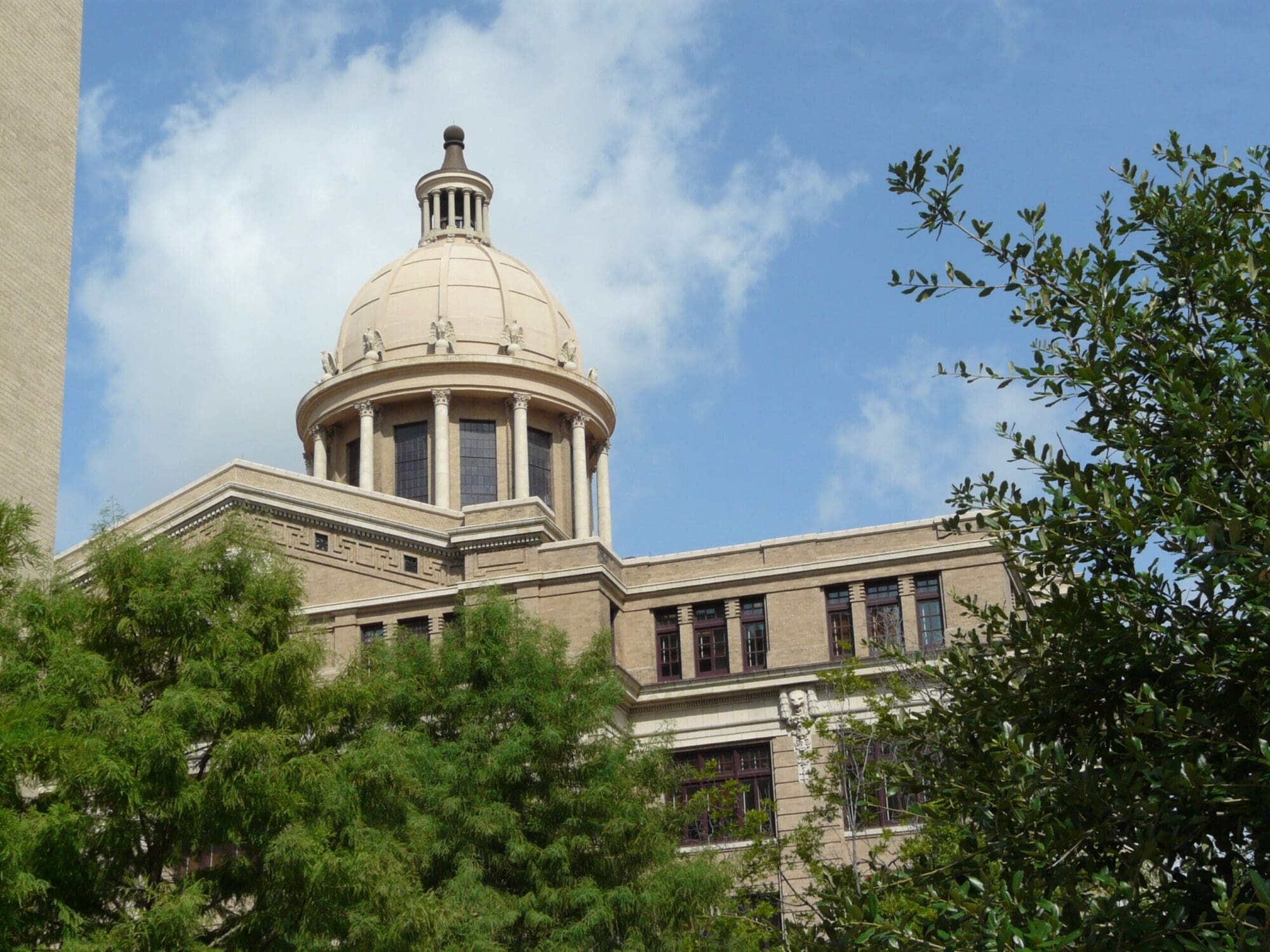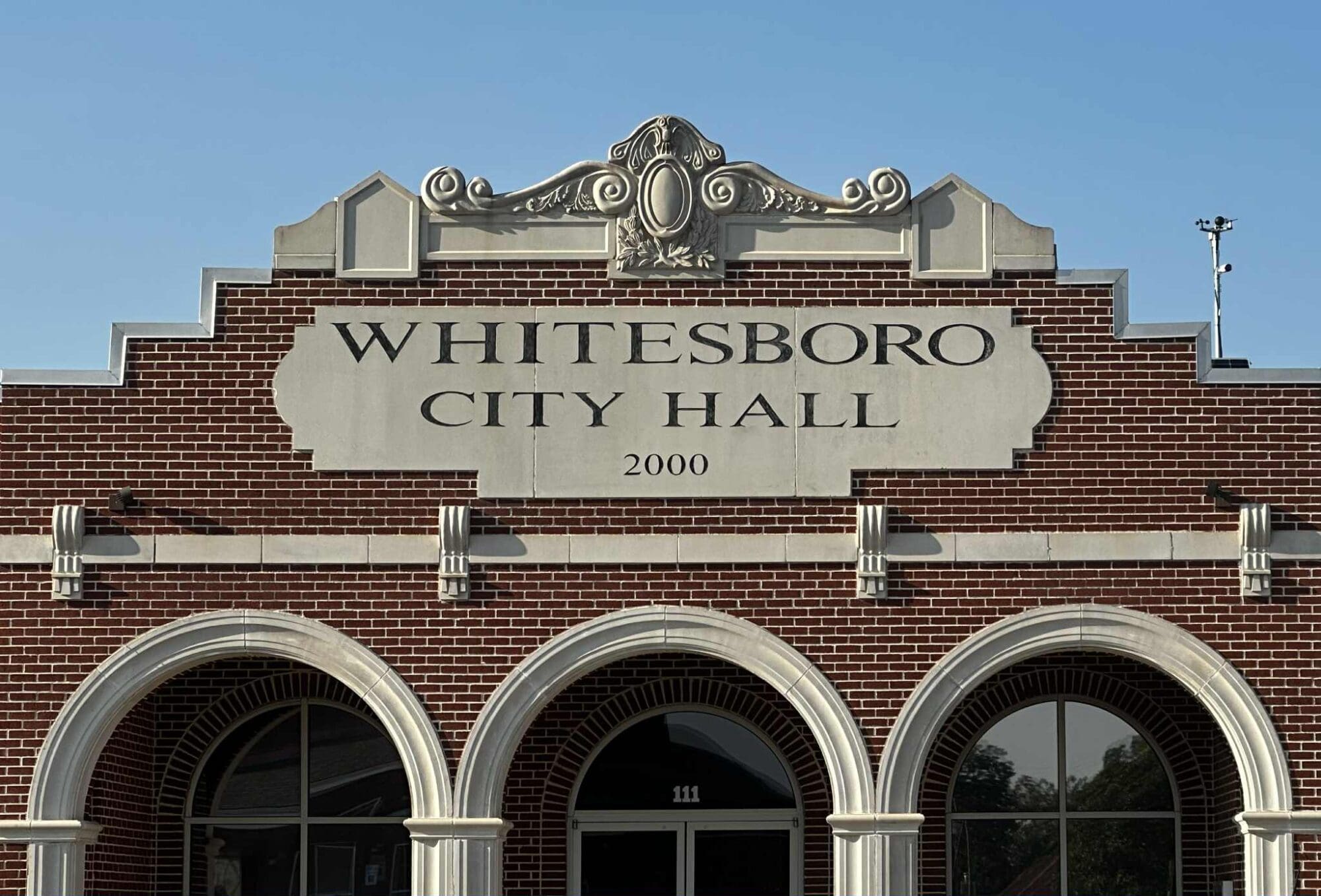Whitesboro City Council is still on track to raise residents’ property taxes by as much as 61 percent, despite questions and concerns about the legality of the tax hike and its impact on local homeowners.
During a special meeting Tuesday night, Whitesboro officials said the city can legally raise residents’ property taxes this year, and they will meet later this month to finalize the rate.
Last week, city council tabled a planned vote on a proposed property tax increase due to concerns it might run afoul of a new law tying tax rates to audit compliance.
Senate Bill 1851, which took effect on September 1, requires municipalities to adopt the no-new-revenue property tax rate if they don’t meet established state audit deadlines—a new penalty for failing to meet financial accountability standards.
City Administrator Phil Harris told council members Tuesday that Whitesboro was in compliance with the audit requirements before SB 1851 took effect, and therefore the city may legally raise taxes above the no-new-revenue rate of about $0.38 per $100 of taxable value.
“Between my analysis, talking to the county tax assessor, as well as our attorneys and our auditor, they support our position. And what I’m telling [the] city council is that we were in compliance as of the time of the law,” said Harris.
“The audit report was issued on June 30. We posted it in early July … and we were compliant before September 1,” he said, noting that the law is not retroactive.
“My opinion and the other three that I mentioned are that we do not need to go to the no-new-revenue.”
The no-new-revenue rate collects the same amount of revenue from the same properties taxed the previous year. The rate goes down as property values go up to keep tax bills generally flat.
Harris recommended sticking with the maximum proposed tax rate of $0.5858, which would increase the average Whitesboro homeowner’s 2025 city property tax bill by 61 percent—an extra $498.
He also reviewed several budget items that council members may consider cutting if they want to set a lower tax rate.
Resident Lisa Banfield, who spoke at last week’s public hearing, showed up again to tell council members that “wish list” items need to be removed from the budget so the tax rate can be lowered for homeowners.
State Rep. Shelley Luther (R–Sherman) also attended and again urged council members to set a lower tax rate than the one proposed to keep from taxing constituents out of their homes.
She noted that nearby Collinsville, whose tax rate hearing she attended the night before, had adopted the no-new-revenue rate after listening to residents and learning about the new law.
Luther brought SB 1851 to Whitesboro officials’ attention during their tax rate hearing last week. She has since sent a letter asking the attorney general to determine if Whitesboro is in compliance with the new law.
Residents hope for a response before the city’s final property tax rate vote.
“Local taxing entities are killing homeowners,” Luther posted following Tuesday’s meeting. “They think they can raise their rates because the state bailed them out with exemptions.”
Whitesboro officials set another public hearing on the tax rate for September 29, the deadline for Texas cities to set a property tax rate for 2025.
Mayor Jeff Butts says that gives council members “two weeks to take another look” at the budget.
Alderman John Moore advised residents who have budget suggestions to contact Harris before the hearing.
Residents can find contact information for Harris and council members on the city’s website.
Whitesboro will hold a public hearing on the proposed budget on Sunday, September 28, at 6:00 p.m.
The budget is currently based on the $0.5858 tax rate, which will raise an additional $903,155—a 61 percent increase over last year’s budget. Less than 10 percent would come from new property added to the tax roll this year.
A final public hearing and vote on the tax rate is set for Monday, September 29, at 6:00 p.m.





